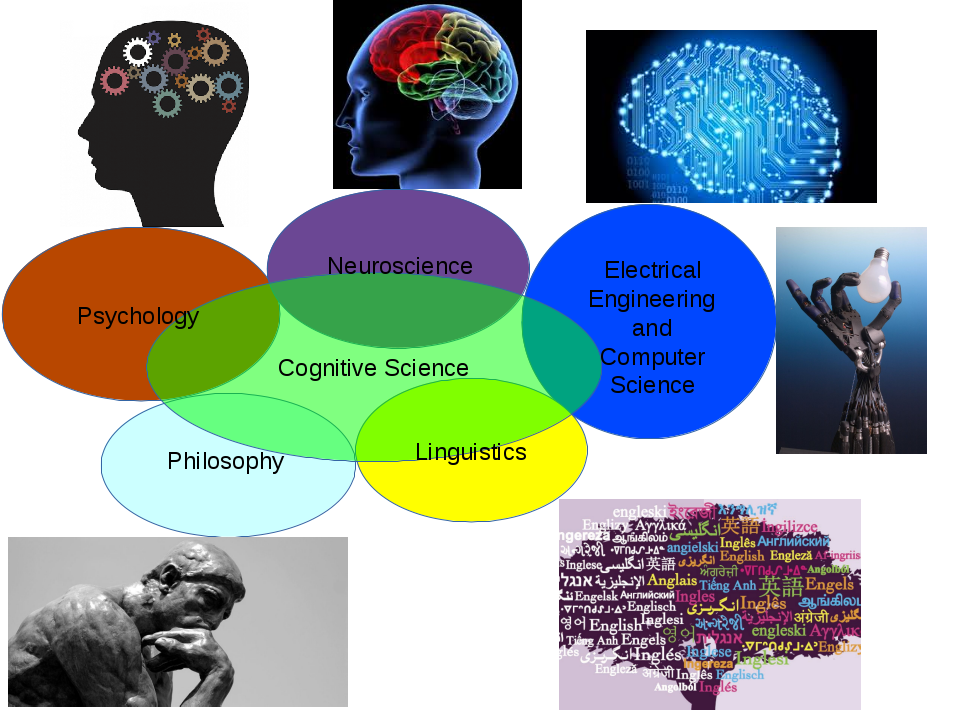
Instructors: Rajakrishnan Rajkumar and Sumeet Agarwal
TAs: Deepshikha and Vaibhav Grover
3 credits (3-0-0)
II Semester 2015–16
M Th 17:00–18:20, LH 619
| Serial no. | Lecture nos. | Topics | Instructor | Slides/Links |
| 1 | 1–4 | Introduction; Philosophical, Psychological, and Cognitive approaches to understanding the mind | RR, SA | Introduction: Philosophical and Psychological Perspectives |
| 2 | 5–10 | Language and the Brain; Evolutionary Psychology | RR, SA, Stephen Stich | Brain and Language |
| 3 | 11–12; 18–23 | Nature of intelligence and thinking machines (Turing, Searle, Pinker) | RR, SA | Thinking Machines, Sentence memory exercise, Searle's Chinese room |
| 4 | 13–18 | Words: Morphology, spoken word comprehension (TRACE) | RR | Word Processing, Jabberwocky |
| 5 | 24–25 | Computational theories and models of mind: Classical, Connectionist, Bayesian | SA | Computational Models of Mind |
| 6 | 26 | Words: Markov models, Zipf's law | SA | Zipf's law; The brain dictionary (video, interactive 3D viewer, paper); Markov Model examples |
| 7 | 27–28 | Non-literal language processing; metaphor and embodiment | RR, SA | Metaphor and Embodiment; Non-Literal Language Processing |
[Image credits: directactioneverywhere.com; mcgill.ca; edx.org; wikipedia.org; nu.ac.th; binghamton.edu.]